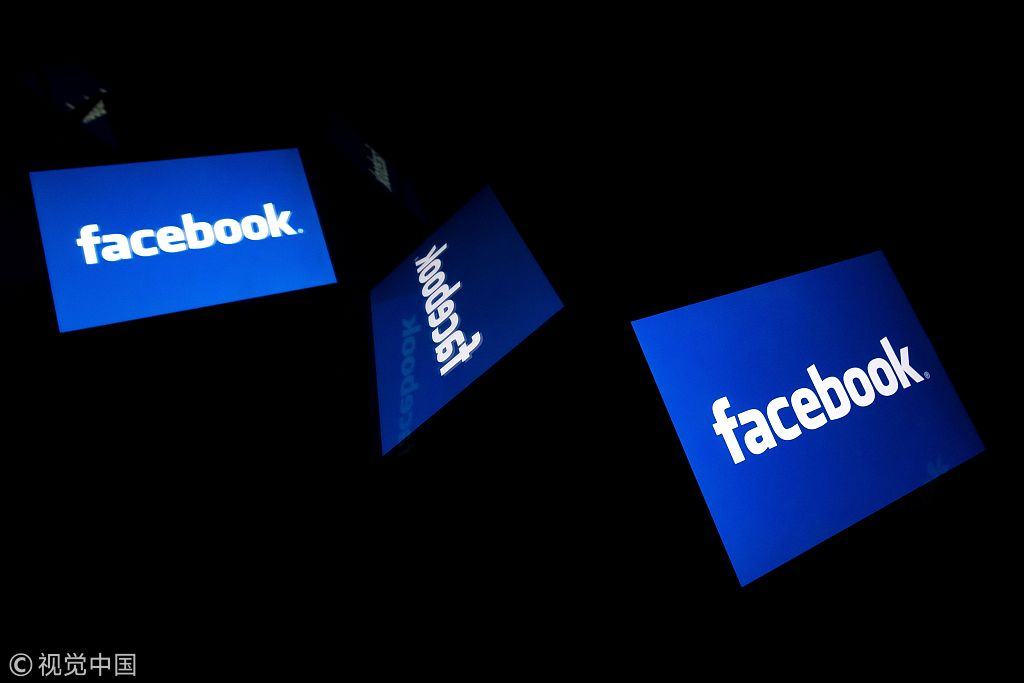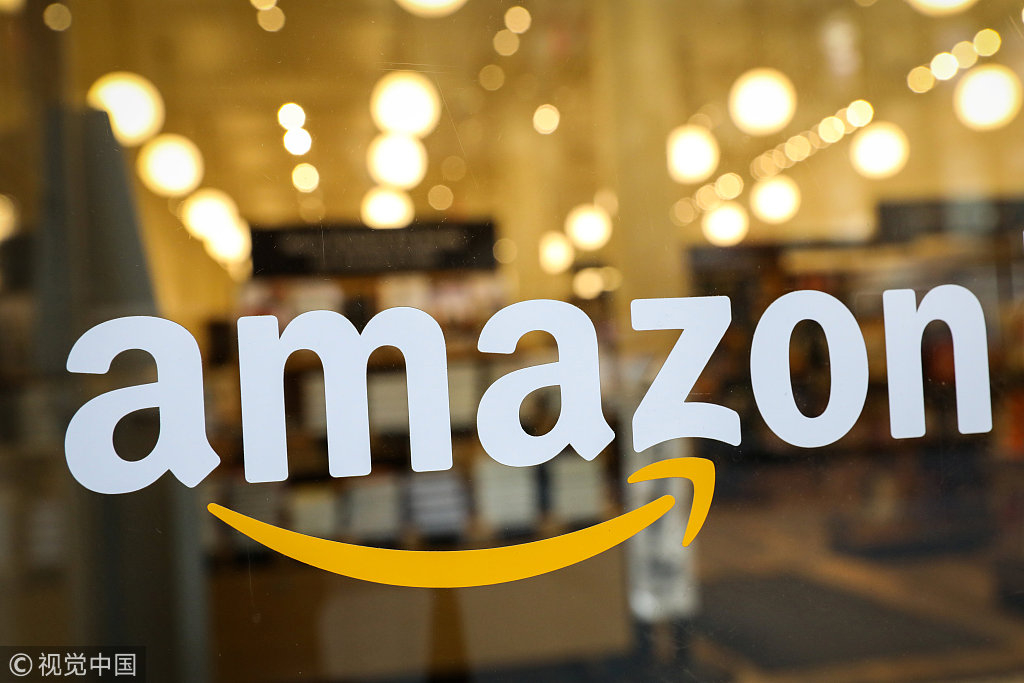
Opinion
22:46, 05-Apr-2019
How is cloud storage complicating privacy on social media?
David Lee

Editor's note: David Lee is a consultant and author based in Beijing who works on cross-cutting themes of energy, health, international politics and international development. The article reflects the author's opinion, and not necessarily the views of CGTN.
If the Cambridge Analytica scandal last year provided any early indication of the scope of Facebook's data privacy problem, the challenge has only become even tougher with the latest Bloomberg revelation about two third-party apps exposing millions of Facebook user data on public cloud storage space.
Citing findings by UpGuard, a cybersecurity firm, Bloomberg reported earlier this month that Mexico City-based digital platform Cultura Colectiva stored 540 million records of Facebook users on Amazon's public cloud. The records were accessible and downloadable for anyone who could find them online.
In a second instance, an app called At the Pool, now defunct, stored 22,000 people's information, including names, passwords, and email addresses, on Amazon's public cloud.
Both apps, as part of Facebook's integrated social media ecology, stored in public cloud space data freely were shared by Facebook. A spokesperson said that the company's policies prohibit storing Facebook information in a public database. Once it was alerted to the issue, Facebook worked with Amazon to take down the databases.
Despite efforts to review third-party apps and suspend hundreds of the non-compliant, Facebook has nonetheless failed over the course of the past year to adequately address the user privacy breach problem within its own social media ecology. Now, the privacy protection war is moving to a new frontier: the cloud, which may only make things even more complicated.

The U.S. social media Facebook logo displayed on a tablet in Paris, February 17, 2019. /VCG Photo
The U.S. social media Facebook logo displayed on a tablet in Paris, February 17, 2019. /VCG Photo
The way cloud storage is impacting social media privacy is adding a new layer of technical and regulatory complexity on top of an already intricate issue.
Entering its second year, the unfolding of Facebook's not so glorious saga has produced a new technical and regulatory cutting edge at the crossroads of social media ecology and cloud storage, aka the new frontier of Privacy 2.0.
It must be noted that both information sharing with an integrated social media ecology and the use of cloud storage are healthy technological evolution aimed for enhanced convenience and productivity. However, as technologies have grown rapidly over the past few years, regulation has lagged far behind.
Over the past year, the highlight throughout the Facebook controversy has always been on social media itself, but a more comprehensive approach to Privacy 2.0 must cover the rapidly growing cloud sector, which until recently has not been implicated in the scandal.
Amazon, in a way not unlike Facebook, quickly put up a seemingly reasonable excuse. Amazon cloud customers "own and fully control their data," Amazon said in a statement. "When we receive an abuse report concerning content that is not clearly illegal or otherwise prohibited, we notify the customer in question and ask that they take appropriate action, which is what happened here."

The logo of Amazon is seen on the door of an Amazon Books retail store in New York City, U.S., February 14, 2019. /VCG Photo
The logo of Amazon is seen on the door of an Amazon Books retail store in New York City, U.S., February 14, 2019. /VCG Photo
Though Bloomberg's latest revelation entailed only Amazon, understandably stakes are high for all leading cloud service providers alike. Together with Amazon, Microsoft and Google are the leading American cloud players, which have generated huge revenues.
If the theme of the past year's story has been one of how Facebook kept putting up excuses to extricate itself, does Privacy 2.0 mean cloud computing giants may well be allowed to do the same? The answer will be explored by regulators, the tech world, and the general public alike.
What's unfolding in the United States will be closely followed in China, where the business and technology landscape looks very similar to that in the United States, i.e., ecology consisting of social media platform and app developers + cloud storage.
Therefore, Privacy 2.0 is not particular to the United States, but very much a universal theme. Even though nothing like the Facebook scandal has been seen in the Chinese social media industry, it doesn't hurt if the general public keeps its healthy skepticism and regulators take proactive measures.
(If you want to contribute and have specific expertise, please contact us at opinions@cgtn.com.)

SITEMAP
Copyright © 2018 CGTN. Beijing ICP prepared NO.16065310-3
Copyright © 2018 CGTN. Beijing ICP prepared NO.16065310-3